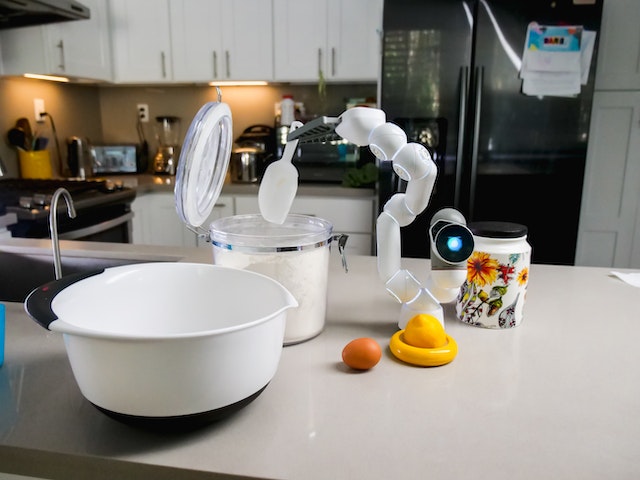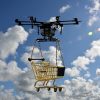In the world of technology, Artificial Intelligence (AI) has become more than just a buzzword; it’s a rapidly growing field that’s reshaping industries in unexpected ways. Recent market research forecasts predict that global spending on AI in business will exceed a staggering $89 billion by 2025, a remarkable leap from a mere $3.2 billion in 2016. This explosive growth is a testament to the diverse and innovative ways AI is being utilized to drive innovation, streamline operations, and unlock new potential.
While many of us are familiar with mainstream AI applications like Siri and Alexa on our smartphones, personalized Netflix recommendations, or Amazon’s product suggestions, AI’s impact extends far beyond these well-known use cases. Here, we delve into some extraordinary and intriguing applications of AI that are pushing the boundaries of what this technology can achieve:
- Pollinating Crops with Robot Bees
As bee populations decline, scientists are exploring alternative solutions to pollinate crops. One unconventional approach involves creating robot bees equipped with cameras, GPS, and AI. These mechanical pollinators can identify crop locations and carry out pollination tasks, potentially addressing a critical ecological concern.
- AI-Generated Music
AI has been crafting chart-topping tunes since 2017. With access to vast music databases and the ability to analyze emotional trends in various media, AI, notably IBM’s Watson, can compose original songs that resonate with current cultural sentiments. It’s not unthinkable that the next radio hit you hear was crafted by an AI system.
- Flipping Burgers with “Flippy”
Meet “Flippy,” a robotic chef capable of grilling 150-300 patties per hour. This culinary AI handles tasks from flipping burgers to selecting spatulas, all while maintaining a clean grill. It showcases how AI can excel in repetitive and time-sensitive tasks, far outpacing human capabilities.
- Tools for People with Disabilities
AI is making a positive impact by assisting people with disabilities. For instance, Huawei has developed a mobile app that translates text into sign language, aiding deaf children in learning to read. Additionally, AI can assess facial expressions and convert emotions into sounds, allowing visually impaired individuals to interpret the emotions of those they’re conversing with.
- Creating Whisky Recipes
In an unusual collaboration, a Swedish whisky producer, Microsoft, and a Finnish tech firm joined forces to create the world’s first AI-developed whisky. By analyzing existing recipes, cask types, sales data, and customer preferences, AI generates over 70 million unique whisky recipes, offering new flavor combinations previously unexplored by human distillers.
- Predicting Sports Injuries
The Barca Innovation Hub, linked to FC Barcelona, employs AI and wireless technology to predict and prevent player injuries. By processing data collected from players’ wearable devices, AI algorithms calculate the likelihood of muscle injuries and recommend prevention strategies, optimizing player performance and safety.
In conclusion
AI’s reach extends far beyond what we commonly perceive. While we may not yet have humanoid robots walking among us, AI-powered systems are becoming ubiquitous, enhancing our daily lives in countless ways. From virtual assistants to intelligent traffic management, AI is an integral part of our modern world, continually evolving and pushing the boundaries of what’s possible.




